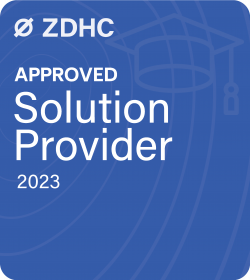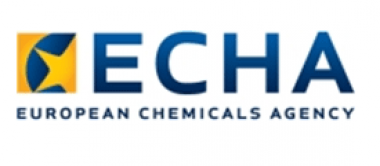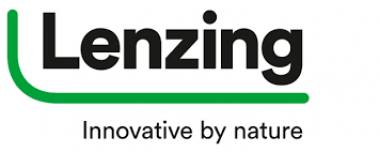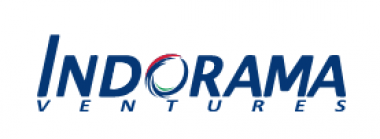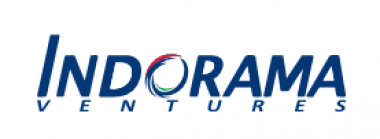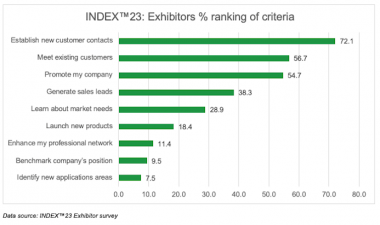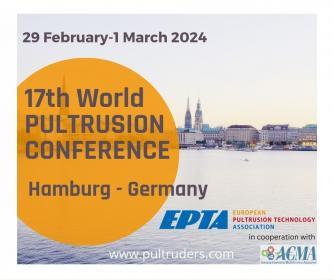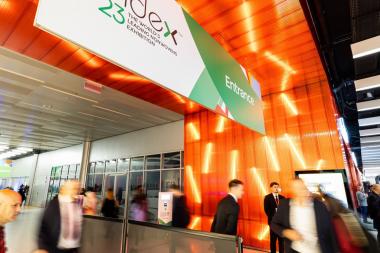AkzoNobel publishes results for Q3 2023
Highlights Q3 2023 (compared with Q3 2022)
- Revenue in constant currencies up 5% on pricing, despite flat volumes; reported revenue 4% down on unfavorable exchange rates
- Operating income improved to €354 million (2022: €168 million)
- Adjusted operating income at €324 million (2022: €184 million); ROS 11.8% (2022: 6.4%)
- Net cash from operating activities positive €297 million (2022: €126 million)
- Net debt to EBITDA leverage ratio improved sequentially to 3.2x
2023 Outlook
AkzoNobel expects the ongoing macro-economic uncertainties to continue and weigh on organic volume growth. The company will focus on margin management, cost reduction, working capital normalization and de-leveraging.
Cost reduction programs are expected to partly mitigate higher than expected inflationary pressure on operating expenses for 2023. AkzoNobel expects declining raw material costs to have a favorable impact on profitability.
Based on current market conditions, AkzoNobel targets to deliver around €1.45 billion adjusted EBITDA.
Leverage guidance remains unchanged at less than 3 times net debt/EBITDA by the end of 2023, excluding the Kansai Paint Africa acquisition which is not expected to close before year end.
AkzoNobel





